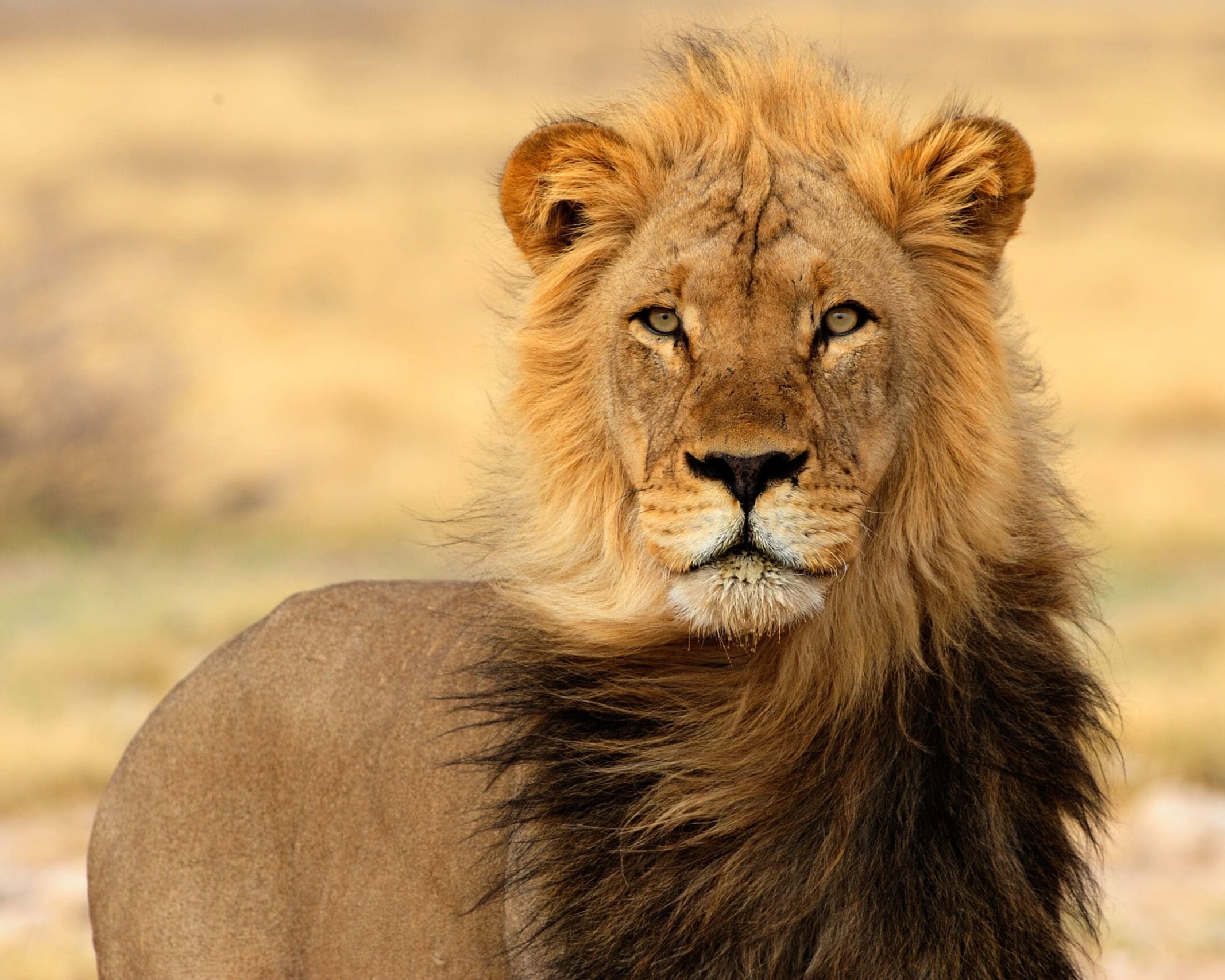Botswana, a land of breathtaking landscapes, unparalleled wildlife encounters, and tranquil waterways.
Here, the wild heart of Africa beats strong amidst the sprawling Kalahari Desert, the lush Okavango Delta, and the elephant-studded Chobe National Park. Botswana is a sanctuary for those seeking an intimate experience with nature in its most pristine form. From the adrenaline of safari drives to the serenity of sunset boat cruises, every moment in Botswana is a step closer to the soul of the wild.
Welcome to Botswana, where adventure awaits and memories of a lifetime are forged under the African sky.

The Best Time To Visit
The best time to visit Botswana is during the dry season, which runs from May to October. This period is considered ideal for wildlife viewing, especially in the country’s renowned national parks like Chobe and the Okavango Delta. During these months, the weather is mostly dry and warm, and the scarcity of water means animals congregate around the remaining water sources, making them easier to spot.
The peak of the dry season, from July to October, sees the Okavango Delta in full flood, offering spectacular opportunities for boat safaris and unique wildlife sightings in this watery oasis. However, it’s also the period when temperatures start to rise, peaking in October, which can be very hot.
For bird enthusiasts, the wet season, from November to April, might be more appealing. This is when the landscape transforms into a lush, green paradise, attracting a variety of bird species, including migratory birds. The wet season is also when many animals give birth, providing a unique opportunity to observe the young. However, some areas might be less accessible due to heavy rains, and the thicker vegetation can sometimes make wildlife harder to spot.
Choosing the best time for your visit depends on what you want to experience in Botswana, whether it’s the dense wildlife gatherings of the dry season or the vibrant landscapes and birdlife of the wet season.
What To Know
In Botswana, the official language is English. However, Setswana (also known as Tswana) is the national language and is widely spoken among the population. Setswana is part of the Bantu language family and is spoken by a majority of the people in Botswana, serving as a lingua franca that unites the country’s diverse communities.
The currency used in Botswana is the Botswana Pula (BWP). The word “pula” means “rain” in Setswana, reflecting the importance of rain to the country, known for its arid regions. The Pula is subdivided into 100 thebe, which means “shield”. In Botswana, you’ll use the Pula for all transactions, from dining and shopping to paying for accommodations and services.
Botswana is generally considered one of the safer countries in Africa for travelers. It has a reputation for political stability, a relatively low crime rate, and a welcoming attitude towards tourists. Visitors can enjoy the natural beauty and wildlife of the country with a high degree of safety compared to many other destinations.
It’s important to exercise common sense and take standard safety precautions. This includes safeguarding your personal belongings, especially in crowded places or tourist hotspots, being cautious when traveling at night, and staying informed about local conditions and customs.
Public transport in Botswana is predominantly served by minibuses and buses for both inter-city and intra-city travel. Minibuses, locally known as combis, are the most common form of public transportation, especially in urban areas like Gaborone, offering an affordable way to get around the cities and to nearby towns. For longer distances between cities and regions, larger buses are available, providing a reliable means of travel across the country.
Taxis, including both metered and negotiated fare types, are widely used in cities for more direct and private transportation. However, unlike in some countries, Botswana does not have a significant rail network for passenger services, making road travel the primary mode for public transportation.
While public transport in Botswana is generally considered safe and economical, it may not always adhere to strict schedules, and facilities might not meet the standards some international travelers are accustomed to. For more flexibility and comfort, renting a car is a popular option among visitors wanting to explore more extensively.
Botswana Travel Guides
April 24, 2022
16 Incredible National Parks In Africa
December 22, 2019
